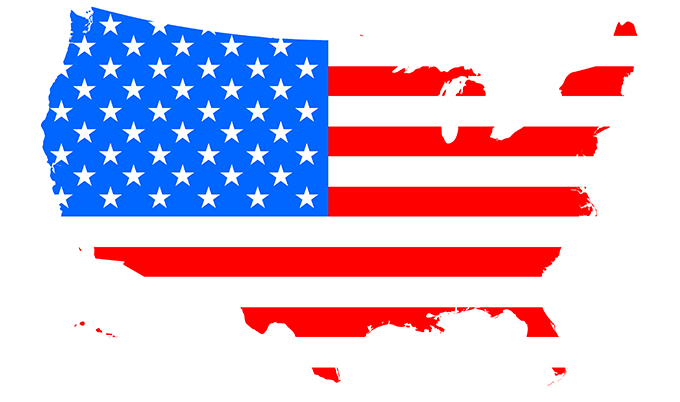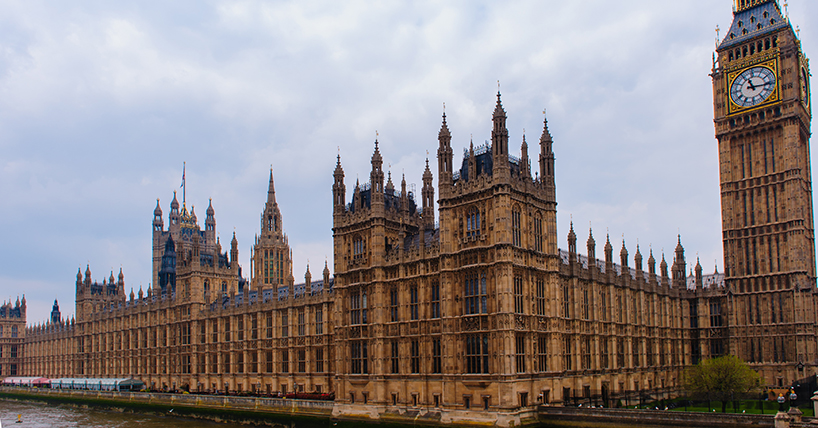Comment: Dr Alistair Clarke gives his view on the
Comment: Dr Alistair Clark's opinion on the US election
Published on: 9 November 2016
"The election of Donald Trump is yet another shock to the liberal democratic political order," writes Dr Alistair Clark, Senior Lecturer in Politics.
More powerful than Obama
"After Brexit, this seems like a political order whose legitimacy is being questioned like never before. It certainly seems out of touch with what many voters have wanted. These voters are beginning to coalesce into significant electoral coalitions, sparked into being by particular leaders or causes. There will be profound disquiet around the world today as countries try to work out what this result means for them, and how they should react.
Trump's success is all the more remarkable because it looks like the Republican Party that he has nominally represented will also control the House and the Senate. Assuming he can get leaders there to agree with what he wants to do, he is potentially more powerful than Obama, who has faced a Congress of a different political persuasion which has blocked many of his initiatives. He will also be the President who nominates someone to fill the vacant Supreme Court position left empty by Justice Scalia's passing earlier this year.

Paradoxes abound
Nevertheless, none of this is necessarily guaranteed. The doctrine of separation of powers is enshrined in the US constitution. Trump, as a consequence, shouldn't be able to get all his own way. He will have to take Congress into account, and seek consensus with it, not just announce things without regard for other branches of government. As one esteemed scholar of American politics famously put it, Presidential power is the 'power to persuade'. Whether Trump has the temperament to persuade in the hard bargaining that takes place between Congress and President remains to be seen. Many of these Congressional leaders distanced themselves from him during the contest. Moreover, whether he can satisfy all the often unrealistic expectations that he has built up is a huge question waiting to be answered.
Paradoxes abound in the result. Much early commentary and data has suggested that those voting for Trump were the 'left behind', people disadvantaged by globalisation, deindustrialisation and disgusted at their political class. Class and education are said to have played a part. If so, such voters have voted for someone with a significant personal fortune, and someone who is used to getting his own way politically. Even if he may not have held public office, Trump is nonetheless a major political operator and always has been. In this he is reminiscent of Silvio Berlusconi in Italy, a populist who also used his business empire as a way into power.
Democracy in action
The main challenge is for parties of the left. How do they respond to the wave of populist anger sweeping modern democracies? Many voters said to have voted for both Brexit and Trump would at one time have been solid Labour or Democrat voters. Centre-left parties across the western world face a major challenge in reconnecting with these voters. It is not too strong to say that if they fail at this, they will wither and certainly become much less relevant over the next decade or so. There is little evidence, so far at least, that they are succeeding in rethinking their strategies.
One final thought. There will be a lot of doom-mongering around on both sides of the Atlantic after Trump's election. Yet, this was democracy in action. Millions of Americans went out to vote yesterday and been engaged by the election, on both sides of the spectrum. Many had voted in the weeks before where early voting was possible. Many thousands will have worked in polling stations for little pay to ensure that their fellow citizens could vote. There are certainly many issues of electoral integrity in the US, not least to do with vote suppression and identification laws. But democracy sometimes doesn't give the answers that we might like. The crucial issue is not to abandon it, but to ensure that it is engaged with as much as possible, on both sides of the Atlantic. If nothing else, the Trump victory underlines just how important this is and has always been."



